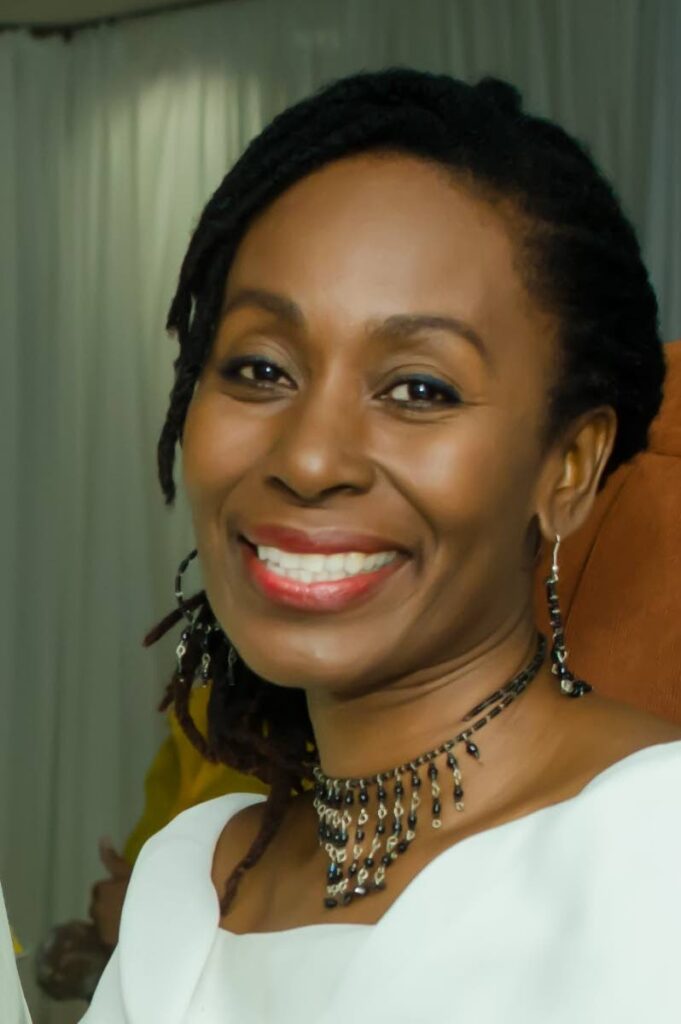A new kind of narrative

Culture Matters
DARA E HEALY
THE NEW year raises old concerns for me. Increasingly, I am searching to understand how do we interrogate the role of the artist and culture in bringing about social change. In a nation fractured by crime, political rivalry and the absence of a strong national identity, how may we foster such an identity and do we even know why declaring who we are is important? Should we continue to entrust others to set our priorities as a nation, or is it time for change to emanate from the people? How do we in TT define and measure development?
These are big questions that are being asked against the backdrop of systems and structures that are not set up to empower us at the community or grassroots level. The way that resources are disseminated for Carnival is one example.
Six weeks before our largest festival we are still discussing financial allocations, venues and other key logistical matters. Rather, a community and nation-centred approach would have ensured targeted outreach, resource allocation and meaningful investment in villages and areas where practitioners in traditional arts are already doing the work.
Skills training in script-writing, sound-engineering, wire-bending or calypso would have been integrated into school curricula to support learning in mathematics, English and other core subjects. This would allow our education system to truly enlighten us and cultivate the nation that we could be.
A people-centred focus would mean that by the time we are called upon to host the first Carnival after a global pandemic, we would be ready, in the deepest interpretation of the word. Instead, Carnival continues to be engaged with at the level of an "event," a focal point for jostling over resources or a release of pent-up emotion.
Adopting a new attitude to culture and the arts is not only about generating income. Elders in our society consistently speak about the need to return to traditional values, to support families and determine what 21st century parenting requires.
The arts and culture have a critical role to play in social intervention and change. Successive administrations have failed to empower educators to incorporate storytelling, theatre, movement and other forms of creative expression to help manage anger, encourage discourse, self-expression, release of trauma or critical thinking.
The more I think about it, the more I conclude that the people who say that they want to work for the people, really wish to control the people through ignorance and absence of a sense of self. You see, one of the reasons we are struggling so much as a society is that there are not enough people who understand their rights or recognise that it is the role of the people to challenge the government.
Maximum-leader ideology is not relevant to the current times and we the people should not be overly grateful to our representatives in Parliament for simply doing the job we afford them the privilege of doing. But our education system is consistently geared towards getting a job rather than pursuing entrepreneurship, to follow rather than think radically, to conform rather than paint or sing or dance as our spirit moves us.
Free-thinking people cannot be controlled, hence the consistent refusal to inculcate these qualities in our citizens through education and the arts. We would not have removed civics from curricula if we really wanted civic-minded citizens.
The other challenge is the lack of a powerful, collective artistic voice. Our soca artistes, actors, musicians and others are making their impact on the global stage, but in their own, separate spaces. There is some level of mentorship, but we need a recognised and long-term, community-centred programme of apprenticeship in the arts. Sustainability is key, not one-off programmes which inspire and then fade.
My recent experience of engaging with adolescent mental health through the arts demonstrated the power of careful, continuous work with young people, parents, government and civil society. But it takes a great deal of commitment, effort and funding for these programmes to really make an impact. As our organisation has discovered, after working successfully with one group of students, what happens to the others coming behind?
We need to have a different conversation, a new kind of narrative, about culture and the arts if we hope to properly answer questions about national identity and development. Clarity about these and other issues are vital if we are to successfully navigate an increasingly uncertain world.
Dara E Healy is a performance artist and founder of the Indigenous Creative Arts Network – ICAN


Comments
"A new kind of narrative"